
Poverty is extensive in South Africa with more than 45 percent of the population and more than 63 percent of children living below the poverty line, according to UNICEF. A significant percentage of the population struggles to survive on less than $1 a day. The country is plagued by high crime rates and violence against women and girls and has been the hardest hit by the HIV/AIDS crisis in the world. There is an urgent need for education to help prevent the spread of the deadly virus and to help lift youth out of poverty.
Salesian missionaries have been working to restore hope in South Africa, particularly among poor youth. From empowering girls and young women to building schools and teaching trade skills, missionaries have a long history of affecting change in the country.
Since 1910, the Salesian Institute has been helping homeless, unemployed and impoverished youth in Cape Town, the second most populous city and legislative capital of South Africa. Through the Institute’s Youth Projects program, Salesians provide shelter, education and workforce development services, meeting the basic needs of the youth they serve while helping them break the cycle of poverty.
The Institute’s Learn-to-Live education program is a school designed specifically for vulnerable and at-risk children and youth. Recognized as an independent school by the Western Cape Education Department, the program provides basic education and skills training for youth at risk who, for a variety of socio-economic reasons, are not able to succeed in mainstream schools. The school offers various levels of education for 13- to 19-year-old students. All students participate in academic classes and skills workshops and receive a cooked meal each day. Demand for the program is high, and 100 youth from the local communities and shelters in and around Cape Town access the program each day.
In July 2017, 75 disadvantaged youth in South Africa started in a new training program known as the Porsche Aftersales Vocational Education program to learn the skills to become mechanics. This training is intended to open up new professional opportunities not only in Porsche but also in other brands of the Volkswagen Group. The program will be based in Cape Town and focus mainly on underprivileged youth from areas such as the Cape Flats.
The training program is organized in association with Don Bosco Mondo together with Don Bosco Salesian Institute Youth Projects in Cape Town and the Porsche importer in South Africa, LSM Distributors. The three parties signed an official memorandum of understanding on Nov. 30 at the Porsche Center in Johannesburg.
Youth from disadvantaged backgrounds who are interested can apply for the training. They will have three different routes into the program, depending on their level of qualification. If an applicant is already sufficiently qualified for vocational training, he or she can access the two-year service mechatronic training program directly. Any applicants who do not possess the required qualifications can complete a six- to eight-week life skills training course at the Don Bosco Salesian Institute Youth Projects. If an applicant is lacking basic skills, he or she will be given the opportunity to complete a year-long vocational preparation course to prepare for the workforce. This option will be available for up to 50 people per year and will enable them to make significant progress in their personal development. At the end of the program, 25 youth will be placed in jobs at Porsche or at one of its sister companies such as Audi, VW or Bentley.
Since 1910, the Salesian Institute has been helping homeless, unemployed and impoverished youth in Cape Town, the second most populous city and legislative capital of South Africa. Through the Institute’s Youth Projects program, Salesians provide shelter, education and workforce development services, meeting the basic needs of the youth they serve while helping them break the cycle of poverty.
The Institute’s Youth Projects consist of five main programs—an outreach program, the Center of Hope for homeless youth, a Learn-to-Live education program and two workforce development programs. The projects are managed by a diverse team, some of whom live on the premises to support youth in the hostel and outreach programs.
The Institute’s Center of Hope provides a home for abandoned youth as well as technical and vocational classes. It is the only recognized school for street children in the country. Every day, 40 to 90 children and teens attend classes.
Since 1910, the Salesian Institute has been helping homeless, unemployed and impoverished youth in Cape Town. Through the Institute’s Youth Projects program, Salesians provide shelter, education and workforce development services, meeting the basic needs of the youth they serve while helping them break the cycle of poverty.
The Institute’s outreach program functions as a drop-in center working to build relationships with youth who live on the street or in government-built townships in the southeast of Cape Town, called the Cape Flats. Outreach workers provide support and assistance to close to 125 youth each month whose lives are often characterized by drugs, gangs, violence and abuse. Youth are able to access counseling, drug awareness and prevention programs, educational services and job assistance.
For those in need of additional care, a youth hostel accommodates 24 males between the ages of 18 and 26 who would not otherwise be able to access the Institute’s two workforce development programs. In addition to offering formal education, youth are invited to participate in informal life skills training and recreational activities, which help them focus on their studies and plan for their futures. Once training courses have been completed, job placement officers assist students in finding and retaining employment. Each year the hostel serves more than 60 young men.
Salesian missionaries have been working to bring hope, particularly to poor youth in South Africa. From empowering girls and young women to building schools and teaching trade skills, Salesian missionaries have a long history of affecting change in the country.
Since 1910, the Salesian Institute has been helping homeless, unemployed and impoverished youth in Cape Town, the second most populous city and legislative capital of South Africa. Through the Institute’s Youth Projects program, Salesian missionaries provide shelter, education and workforce development services in an effort to meet the basic needs of the youth they serve while helping them break the cycle of poverty.
The Institute’s Youth Employment Skills (YES) project provides training and job placement assistance to 320 disadvantaged, unemployed youth each year. Young people between the ages of 18 and 26 complete an intensive three-week life skills course before undergoing a five-week employment skills course. Students are taught employment skills in much needed industry sectors including bricklaying, tiling and laminated flooring, computer maintenance, computer literacy and office management. The Institute’s goal is to place every graduate into a job once courses have been completed. More than 80 percent of graduates have found employment to date.
Salesian missionaries, with the Salesian Planning and Development Office in Johannesburg, were able to provide food support to Salesian sites in Eswatini (Swaziland), Lesotho and South Africa thanks to funding from Salesian Missions. The project is part of COVID-19 relief efforts in these countries. All Salesian sites that have received the donation have distributed the first food packages to youth and families in need and are now preparing for the second distribution in the coming weeks. The feedback Salesians are receiving from people receiving the donation is very positive.
Further funding from Don Bosco Mondo in Germany will also allow Salesian missionaries to continue on with this project for the most vulnerable for an extended period of time. This funding also has provided the opportunity to begin production of masks, which will be added to some of the food packages.
Salesian missionaries launched the Salesian Institute in 1910. Since then, missionaries have been helping homeless, unemployed and impoverished youth in Cape Town. Through the Institute’s Youth Projects program, Salesians provide shelter, education and workforce development services, meeting the basic needs of the youth they serve while helping them break the cycle of poverty.
The Institute’s Youth Projects consist of five main programs—an outreach program, the Center of Hope for homeless youth, a Learn-to-Live education program and two workforce development programs. The projects are managed by a diverse team, some of whom live on the premises to support youth in the hostel and outreach programs.
The Institute’s Center of Hope provides a home for abandoned youth as well as technical and vocational classes. It is the only recognized school for street children in the country. Every day, 40 to 90 children and teens attend classes.
In South Africa, youth living on the streets are often faced with severe poverty, lack of education, abandonment, abuse and exploitation. Many have also been affected by HIV/AIDS as the country has been the hardest hit by the epidemic. To address these issues, the Salesian-run Life Choices organization has been providing health education, leadership classes, life skills training and HIV/AIDS services that have impacted more than 150,000 youth since its inception in 2005. Originally started with the support of the U.S. President’s Emergency Plan for AIDS Relief (PEPFAR) grant funding, Life Choices has been able to expand over the years with the support of donors and corporate sponsors.
Life Choices programs are offered in schools and students in grades 4 through 12 participate in educational workshops and activities designed specifically for each age group. The programs benefit youth by employing a multipronged approach to HIV/AIDS prevention. This approach not only offers health education on HIV/AIDS and other sexually transmitted diseases, but also life skills training, parent/teacher/community support, recreational activities, sports, youth camps, counseling and job placement services.
Life Choices’ Health4Life program provides one-on-one services to youth in schools and communities. It offers group talks around reproductive health, one-on-one psychosocial support and HIV counseling and testing sessions. The program also helps to connect youth who test positive to the medical services for ongoing support and antiretroviral therapy they need. The services aim to promote physical, mental and social well-being among youth with a special focus on HIV prevention and intervention.
The Salesian Institute in Cape Town has recently added solar panels to its campus buildings that provide education and technical skills training to youth. In recent years, the Salesian Institute has been faced with huge expenses for electricity and also frequent power losses that disrupted the educational environment. In response, Salesian missionaries have launched a project to purchase and install solar panels on all of the buildings.
By making this change, the Salesian Institute will have a continuous supply of electricity while reducing the cost. Funding can then be diverted to training and equipment maintenance and upgrades. With the purchase and commissioning of the solar panels, not only will the Salesian Institute have a clean and healthy environment, but it will be reinforcing an additional educational message about environmental impact. This also facilitates the sustainability of the mission and improves the quality of education offered by Salesians missionaries.
From South Africa

From South Africa
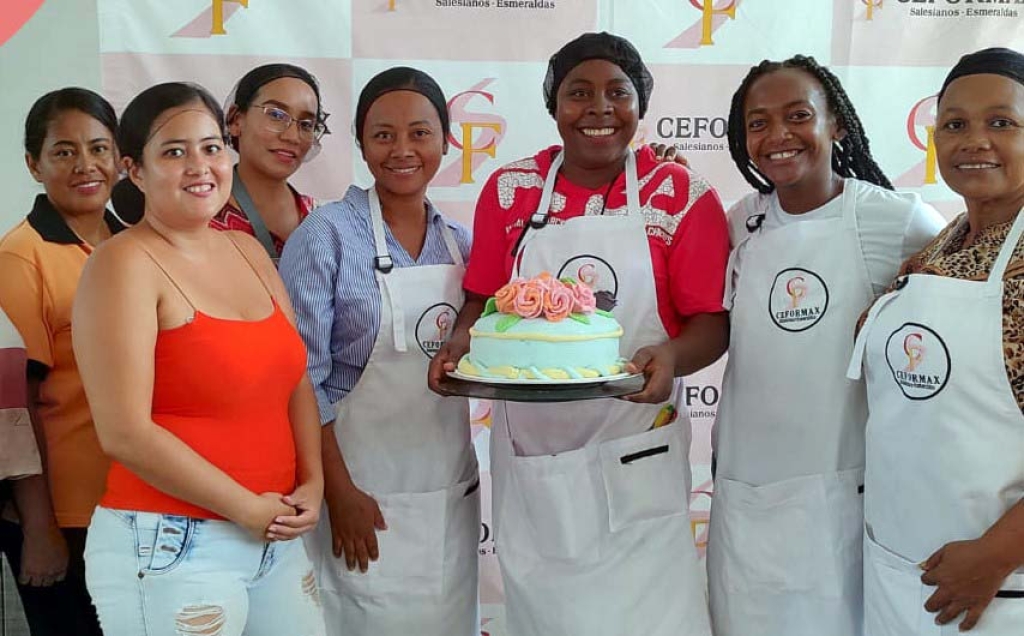
Targeted programs provide opportunities for education and training. NEW ROCHELLE, NY (March 8, 2025) Salesian Missions, the U.S. development arm of the Salesians of Don Bosco, joins humanitarian organizations and countries aroun
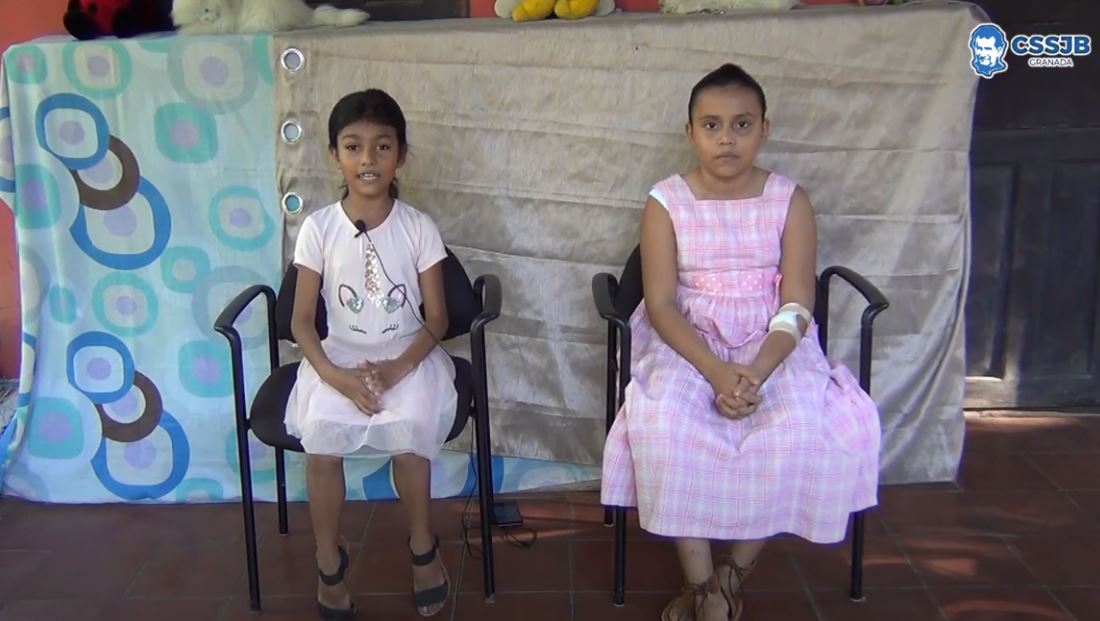
Salesian missionaries teach essential skills around the globe. NEW ROCHELLE, NY (Sept. 8, 2024) Salesian Missions, the U.S. development arm of the Salesians of Don Bosco, joins humanitarian organizations and countries around the g
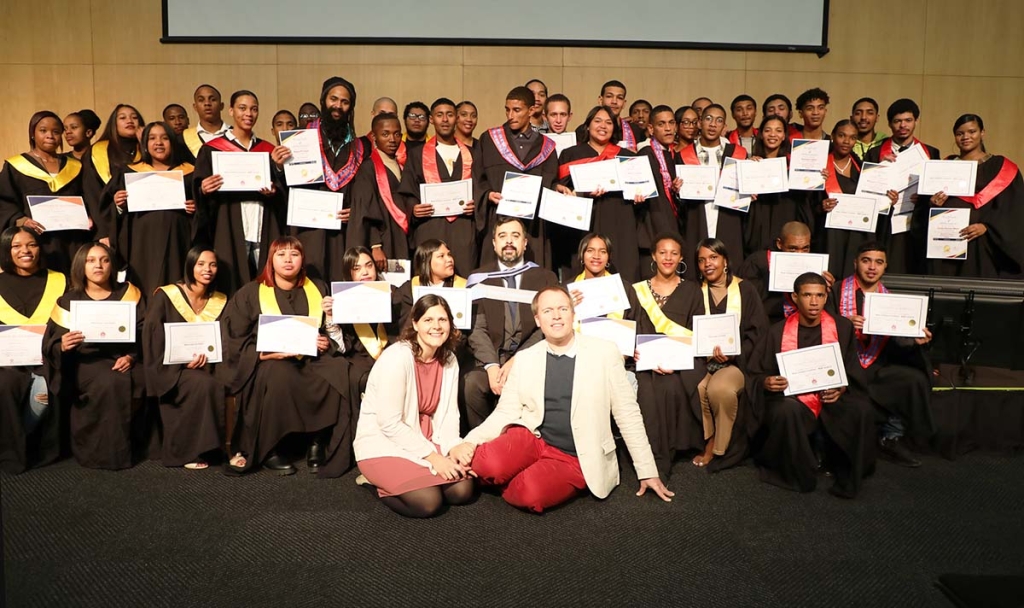
Salesians considered largest private provider of vocational and technical training in the world. NEW ROCHELLE, NY (Jan. 24, 2024) Salesian Missions, the U.S. development arm of the Salesians of Don Bosco, joins humanitarian organi

Report released by UN Women and United Nations Department on Economic and Social Affairs. NEW ROCHELLE, NY (Oct. 12, 2023) More than 340 million women and girls will live in extreme poverty by 2030 and close to one in four will ex
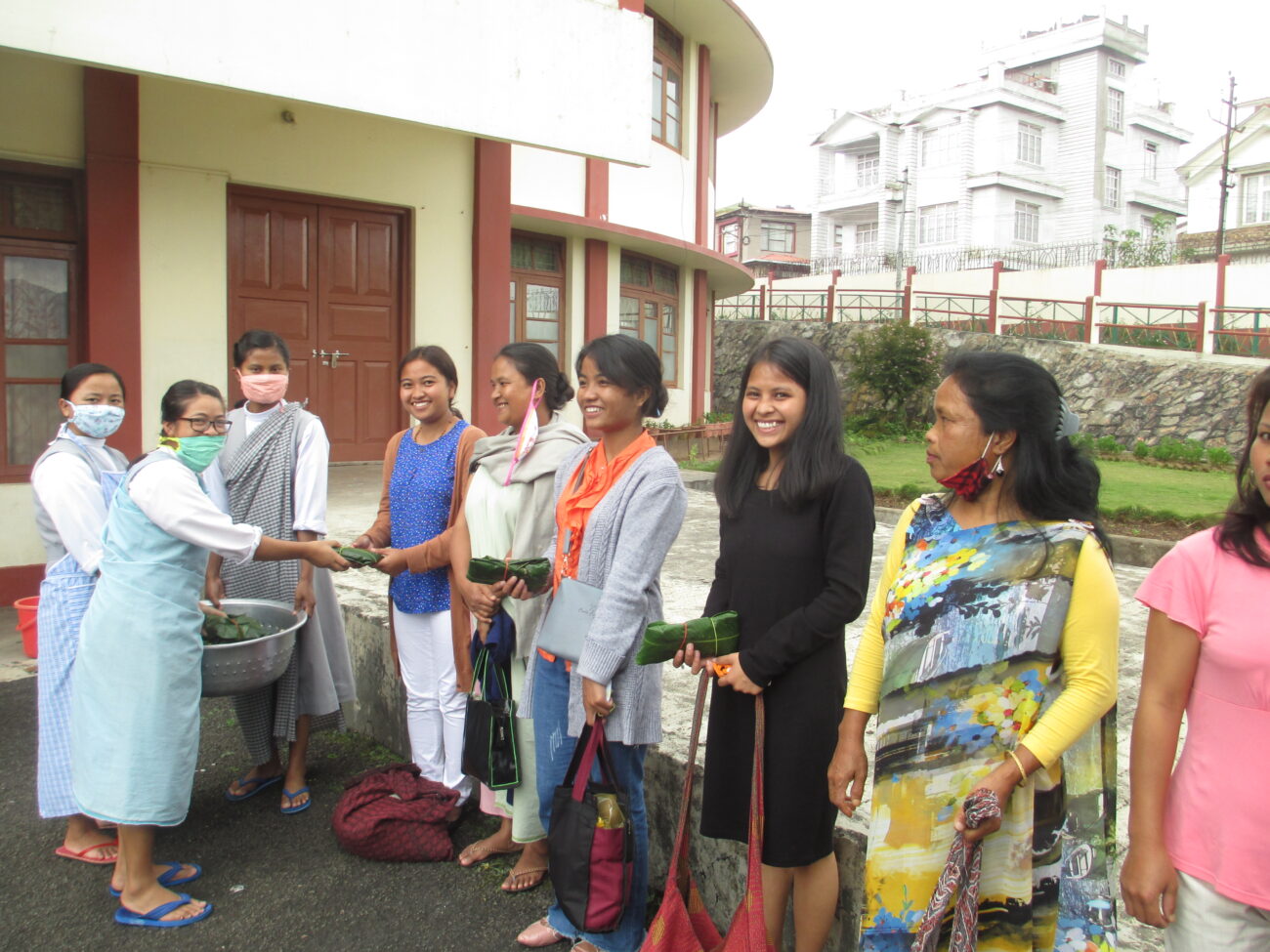
Salesian missionaries provide programs to youth regardless of gender, race or religion. NEW ROCHELLE, NY (Sept. 21, 2022) Salesian Missions, the U.S. development arm of the Salesians of Don Bosco, joins humanitarian organizations
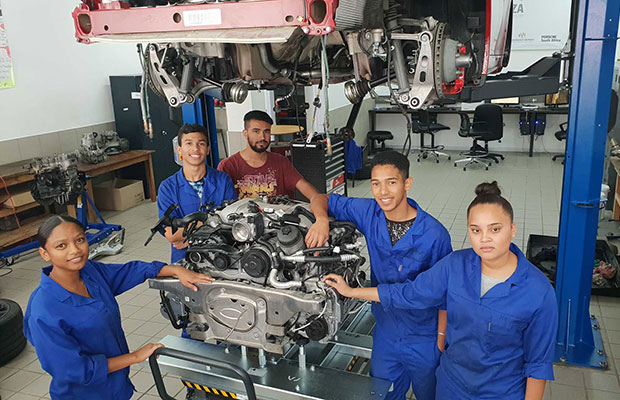
Today in South Africa, more than a third of young people ages 15-24 are extremely poor—largely because they lack access to quality education and employment opportunities. At the Salesian Institute in Cape Town, hundreds of promi
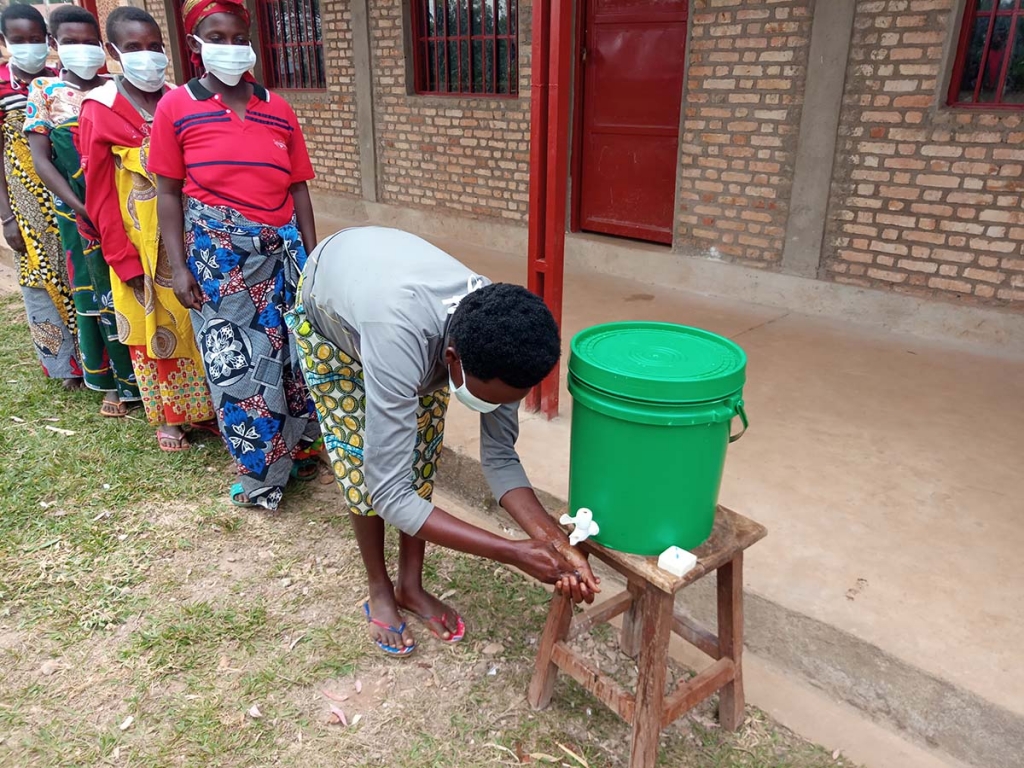
Salesian Missions funds COVID-19-related projects to provide nutritional support and prevention measures in countries around the globe. NEW ROCHELLE, NY (June 2, 2021) When the global COVID-19 pandemic struck and countries began l
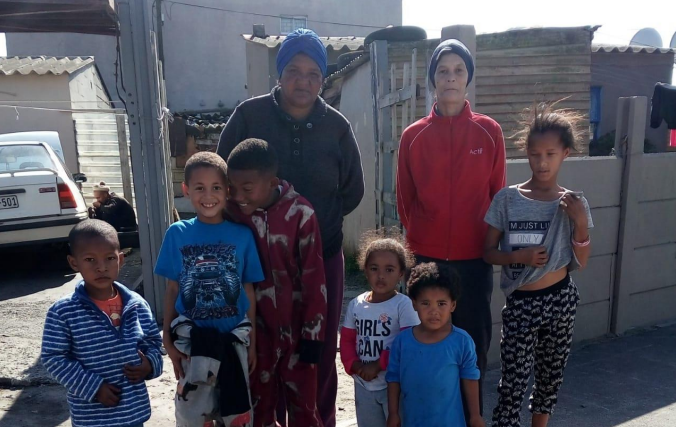
Salesian Missions provides funding for food aid impacting 6,592 people in Swaziland, Lesotho and South Africa. NEW ROCHELLE, NY (Dec. 21, 2020) Salesian Missions, the U.S. development arm of the Salesians of Don Bosco, provided fu
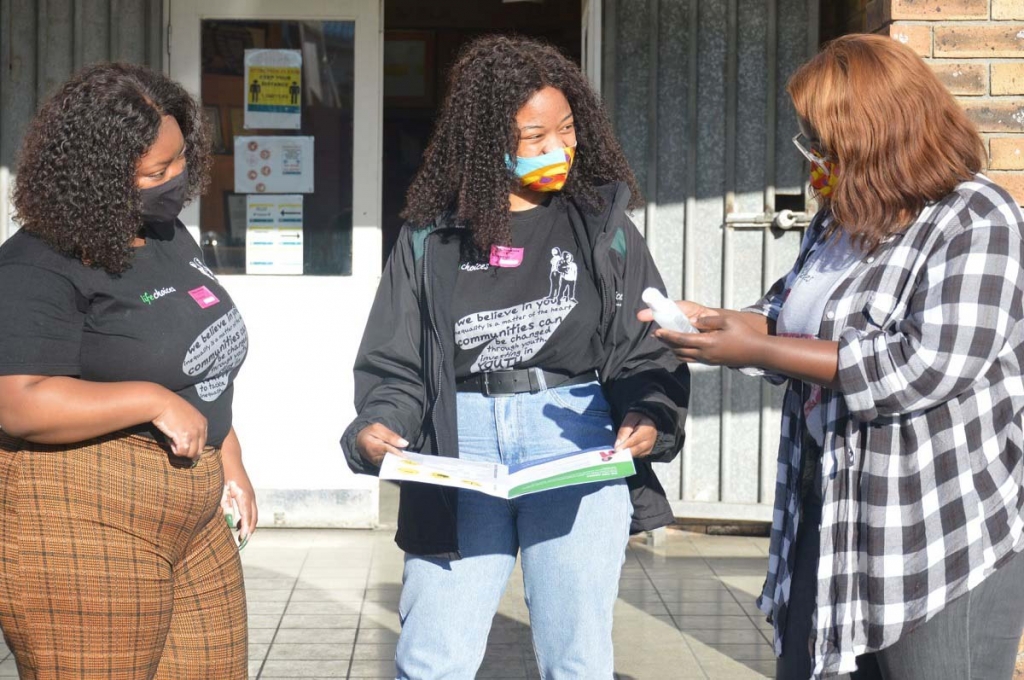
Salesian programs in Colombia, El Salvador, India and South Africa ensure that youth are able to access the education and social programs they need to have hope for the future. NEW ROCHELLE, NY (Nov. 20, 2020) Salesian Missions, t
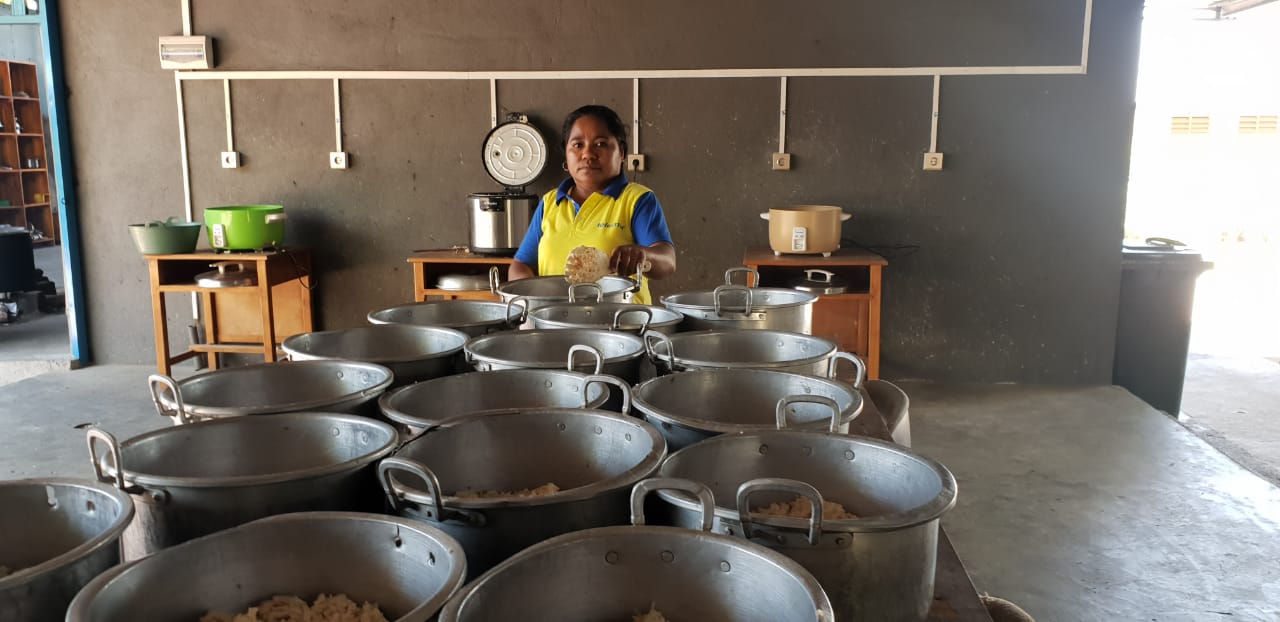
Feeding programs in Brazil, Timor-Leste, South Africa and Zambia illustrate the work of Salesians around the globe that support this year’s theme, which is focused on #FoodHeroes. NEW ROCHELLE, NY (Oct. 16, 2020) Salesian Mis
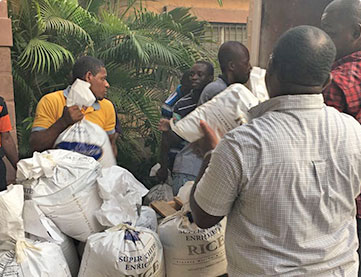
Salesian Missions includes agriculture in its vocational training programs – to ensure that youth of Rwanda learn better agricultural practices as well as keep the school self-sustaining in the face of the country’s food shortages.
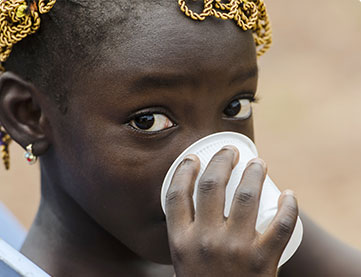
Salesian Missions includes agriculture in its vocational training programs – to ensure that youth of Rwanda learn better agricultural practices as well as keep the school self-sustaining in the face of the country’s food shortages.
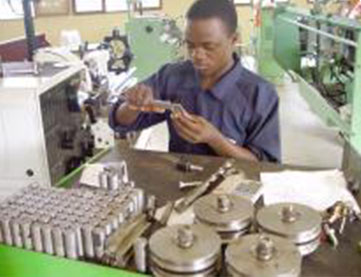
Salesian Missions includes agriculture in its vocational training programs – to ensure that youth of Rwanda learn better agricultural practices as well as keep the school self-sustaining in the face of the country’s food shortages.